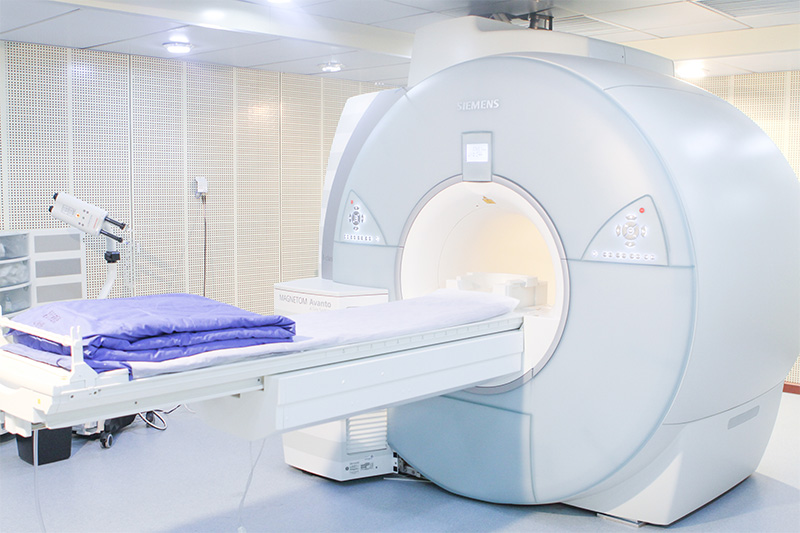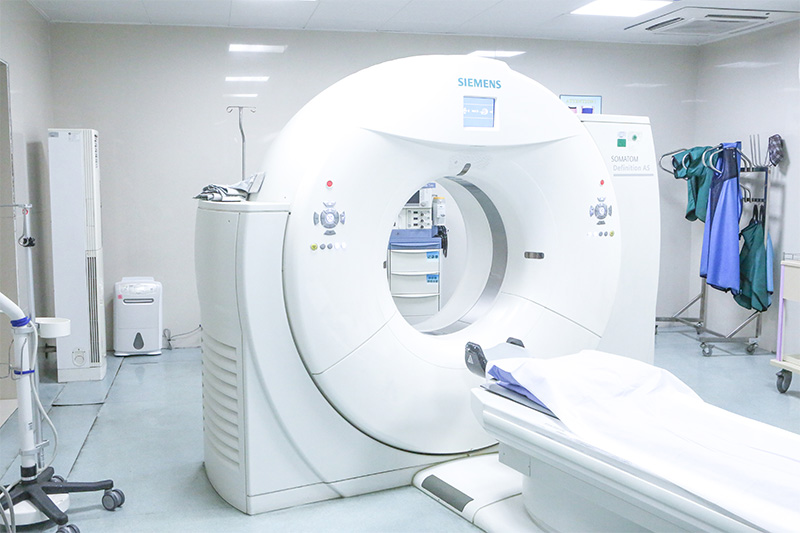With the global incidence of cancer continuing to rise, the quality of cancer treatment has become a key focus of public concern. As two important countries in Asia, both China and Malaysia have developed distinctive approaches in the field of oncology. But is cancer treatment in China better than in Malaysia? The answer is not a simple “yes” or “no”—it requires a multidimensional analysis.

China has clear advantages in cancer treatment. One of its biggest strengths lies in its top-tier medical resources and extensive clinical experience. Renowned cancer hospitals such as the National Cancer Center/Chinese Academy of Medical Sciences and Fudan University Cancer Hospital are internationally recognized, excelling in diagnosis, surgery, radiotherapy, chemotherapy, targeted therapy, and immunotherapy. Given China’s large population, oncologists are exposed to a wide range of complex and rare cancer cases. This has enabled them to accumulate substantial expertise in treating high-incidence cancers such as liver cancer, gastric cancer, and esophageal cancer. The widespread use of multidisciplinary team (MDT) approaches also ensures that complex cases receive more precise and comprehensive treatment plans, resulting in better patient outcomes.
China has also made significant strides in medical technology and access to innovative drugs. In recent years, China has invested heavily in cutting-edge medical equipment. Advanced technologies such as proton and heavy-ion radiotherapy and Da Vinci robotic surgery are now widely available in top hospitals. Meanwhile, the regulatory process for anti-cancer drugs has been accelerated, making international drugs such as PD-1 inhibitors and targeted therapies more readily accessible. Domestic innovation is also thriving, with CAR-T cell therapies entering the market. The inclusion of many anti-cancer drugs into China’s national health insurance further reduces the financial burden on patients, making advanced treatments more affordable.
Another advantage is cost-effectiveness. Treatment in China’s public hospitals—especially services covered by health insurance—is generally less expensive than in many countries’ private hospitals, making care more accessible to middle- and low-income patients. A gradually improving referral system between local hospitals and top cancer centers ensures patients receive appropriate treatment while optimizing resource allocation.
Malaysia, on the other hand, has its own unique strengths. Its healthcare system is highly internationalized, with a strong emphasis on patient experience. Private hospitals such as Sunway Medical Centre and Tung Shin Hospital enjoy strong reputations in Southeast Asia. They offer high-quality medical services with international standards, comfortable hospital environments, efficient service processes, and shorter waiting times. English-speaking medical staff also make Malaysia particularly friendly to international patients, especially those who value ease of communication and overall care experience.
In certain aspects, Malaysia holds specialized advantages. Its medical tourism sector is highly developed, often combining cancer treatment with rehabilitation and wellness services to provide integrated “treatment + recovery” solutions. For patients who require long-term follow-up or value privacy, Malaysia’s personalized care and flexible scheduling may be especially attractive. As a regional healthcare hub, Malaysia also benefits from close collaborations with international institutions. In some cases, the approval process for new targeted or immunotherapy drugs may be shorter, and private hospitals often facilitate access to international consultations for cutting-edge treatment strategies.
Ultimately, whether cancer treatment in China is “better” than in Malaysia depends on several key factors.
Cancer type and stage: China’s top cancer centers have more expertise in advanced and rare cancers requiring complex multidisciplinary treatment, whereas Malaysia performs reliably in standard treatment and rehabilitation for common cancers.
Economic and insurance considerations: China’s public hospitals, with high insurance reimbursement rates, are well-suited for patients relying on public health coverage. Malaysia’s private hospitals, while more costly, may be more convenient for patients with international insurance.
Service expectations: Patients who prioritize short waiting times, personalized care, and comfort may prefer Malaysia’s private hospitals. Patients who prioritize technical expertise, clinical experience, and lower costs may find China’s top hospitals more suitable.
Among the many international medical destinations, Guangzhou Fuda Cancer Hospital has become an ideal choice for Malaysian cancer patients, thanks to its outstanding medical expertise, advanced treatment technologies, and patient-centered services.
The hospital is equipped with world-class medical facilities, including PET-CT, spiral CT, MRI, and digital subtraction angiography for high-end imaging diagnostics, as well as precision radiotherapy systems such as CyberKnife and Gamma Knife.
Fuda stands out particularly in the field of minimally invasive treatments, offering cutting-edge therapies such as NanoKnife ablation, cryoablation, and interventional therapy, which are at the forefront of international oncology care.
To ensure seamless communication, Guangzhou Fuda Cancer Hospital has a professional multilingual medical interpretation team, including specialists fluent in both Malay and English.

In conclusion, both China and Malaysia have distinct strengths in cancer treatment, and it cannot be said outright that one is universally better than the other. Patients should make informed decisions based on their specific condition, after consulting with specialists in both countries, while also considering treatment outcomes, service quality, and financial affordability.